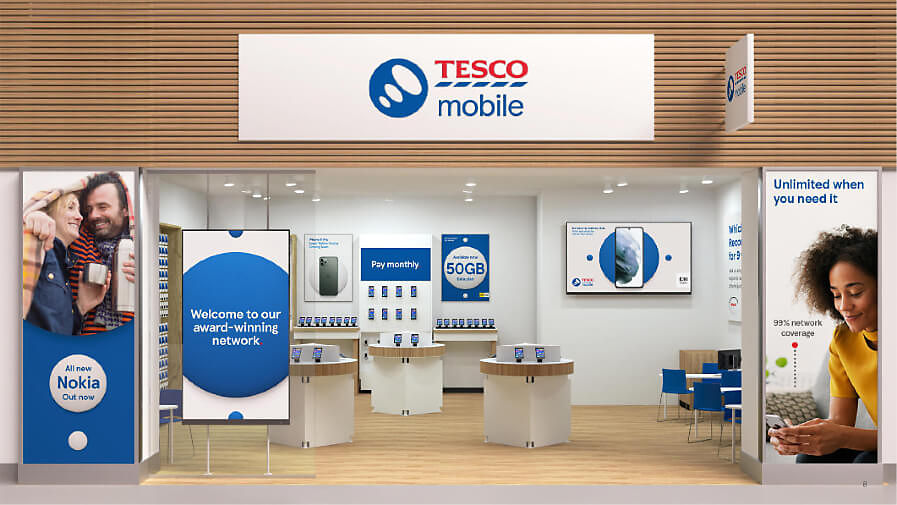Viewpoint: No school holidays for the ad tech industry
- Wednesday, June 27th, 2018
- Share this article:
Tim Maytom explores how the growing drive to bring digital marketing in-house could impact the talent gap the industry is facing, and why ad tech vendors should be putting time and money into developing themselves into schools of excellence.
 An IAB survey from earlier this year confirmed what many in the industry would have told you already – that an increasing number of brand marketers are seeking to move their programmatic buying in-house, side-stepping as much of the ad tech ecosystem as they can in a bid to improve transparency, efficiency and their control over their first-party data.
An IAB survey from earlier this year confirmed what many in the industry would have told you already – that an increasing number of brand marketers are seeking to move their programmatic buying in-house, side-stepping as much of the ad tech ecosystem as they can in a bid to improve transparency, efficiency and their control over their first-party data.
According to the IAB’s figures, 18 per cent of the 119 US-based brands surveyed had already moved all of their programmatic in-house, while a further 47 per cent had begun the move, and were planning to continue further. 13 per cent had trialled in-house programmatic but decided not to move forward, while 22 per cent had no plans to do so at the time.
The figures aren’t great for ad tech vendors, and digital agencies are facing similar problems. A new study by QueryClick that surveyed over 150 chief marketing officers for UK consumer brands found that 95 per cent had plans to change their current digital marketing, advertising or media agency to an independent alternative. 86 per cent were concerned that their current agency was failing to deliver transparent results.
Brand concerns over transparency are certainly valid, and have been a long time coming. The ‘black box’ approach to digital marketing is increasingly unfeasible in the age of GDPR and ePrivacy laws, and with more data breaches occurring every year, it’s only natural that brands would want as much of their information under their own control as possible.
In many ways, this could be good for the industry. Concerns over transparency should hit Google and Facebook just as hard as they hit independent vendors, if not more so. Both firms have had a tumultuous two years and are struggling to maintain both consumer and brand trust as they deal with numerous controversies and scandals. Brands seeking out the most transparent, efficient technology should increase competition and allow truly innovative solutions to rise to the top, while also driving the industry as a whole towards a simpler, easier-to-grasp ecosystem.
However, if this push towards transparency accelerates the trend of bringing ad tech in-house, then vendors and agencies should have another concern, on top of simply making their offering the best it can possibly be. Ad tech firms could be facing a brain drain, as more and more digitally-savvy experts get picked up by brands looking to control their own technology.
The digital ad ecosystem is already facing a talent crisis. A 2017 study by McKinley Marketing Partners found that 56 per cent of marketing roles required some degree of digital experience, up from 48 per cent the year before. Skills in digital advertising, content creation and strategy, SEO and social media are all highly sought, with demand for digital marketers outstripping supply by more than double. Meanwhile, the supply of traditional marketers exceeds the demand, as more and more ad spend shifts over to the online world.
Brands and vendors are aware of this talent gap, and that it is widening. 54 per cent of organisations believe that it is hampering their digital transformation programs, and they are losing competitive advantage because of a shortage of digital talent. The gap applies to both ‘soft’ and ‘hard’ digital skills – qualities like customer-centricity, a passion for learing and data-driven decision making, as well as concrete knowledge in analytics, web development or cybersecurity – demonstrating that it’s not just a lack of training that is holding firms back, but a mindset.
While this demand for digitally-skilled workers should be a concern for ad tech vendors, it can also become an advantage. Investing in education and training, and providing workers with enough time and support to expand their skills will not only result in a better workforce, but one that is more likely to stay put. Employees put down roots when they feel they have space to grow, and with the ever-expanding remit of digital marketing, the only reason they wouldn’t have this is from a lack of employer support.
Investing in a highly-skilled workforce will also help ad tech vendors reap rewards in business terms. If brands are crying out for expert help in digital transformation, then ad tech firms need to become powerhouses of knowledge. Transparency becomes less of an issue when ad tech companies can collaborate closely with brands and explain, with expert know-how, how the programmatic ecosystem works. We’ve seen the software-as-a-service model become popular – perhaps its time for the skills-as-a-service model?
Supporting the development of employee’s skills is never an easy sell for executives – it is not the kind of investment that sees quick rewards in the next quarter, and it does risk that you can pour time and money into talent, only to see it walk out the door. But just as concerns over transparency are unlikely to vanish overnight, the digital skills gap isn’t going anywhere, and taking the time to fight back against it will result in a strong industry overall, and could just make your firm stand out when competition for new business becomes fierce.

















